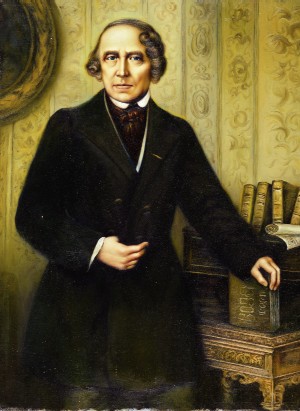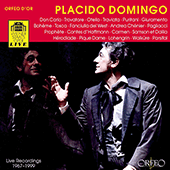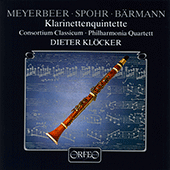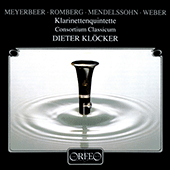
Giacomo Meyerbeer (1791 - 1864)
Born near Berlin in the year of Mozart’s death into a family with cultured interests, Meyerbeer was a pupil of Abt Vogler and near contemporary of his fellow pupil Weber. He made his career in Paris, where he became the most important composer of French grand opera. But he still retained wide cosmopolitan connections, in particular serving as Generalmusikdirektor from 1842 under King Friedrich Wilhelm IV of Prussia, in whose service he continued after a resignation from his original position in 1848. Meyerbeer was a man of independent means, which enabled him to exercise considerable care over the composition of operas and the choice of appropriate singers, and some control over the press.
Operas
Meyerbeer won his first great success at the Paris Opéra in 1831 with Robert le diable (‘Robert the Devil’). This was followed by Les Huguenots, Le Prophète and finally by L’Africaine, all three with texts by the famous librettist Eugène Scribe. The last of these grand operas was staged in Paris in 1865, the year after the composer’s death. Constant Lambert’s 1937 ballet score Les Patineurs (‘The Skaters’) was arranged from two of Meyerbeer’s operas, Le Prophète and the earlier L’Étoile du Nord (‘The North Star’)—this last a fictional and romantic account of the marriage of Peter the Great, replete with a mad scene for the heroine.






















